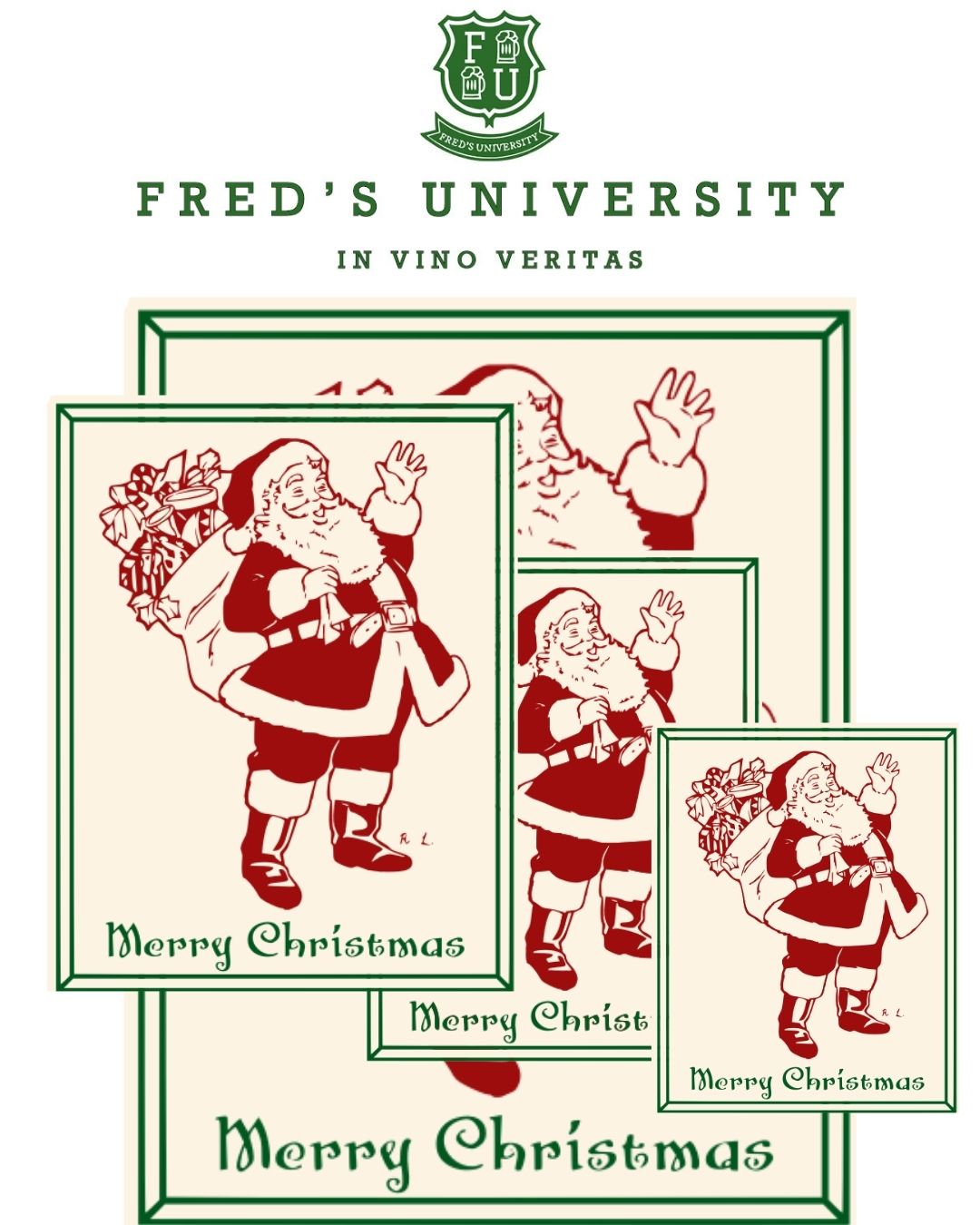This week’s lecture at The Sad Symposium will feature 11th-year graduate student Karl Meyerowitz speaking on his dissertation topic, The American Anthropology of Christmas Letters. His research deals with the cultural themes of Christmas Letters circulated among family and friends, with a special emphasis on the midwest in the 1980s. Meyerowitz asks deep questions about the role of humble bragging, oneupmanship and seasonal depression. He addresses the transition from the typewritten xeroxed letter to the word-processed printed letter and how the different media impacted content. His conclusion is that the word-processed holiday letter gave an initial boost to the phenomenon of the Christmas Letter, which got longer as they were easier to produce, but eventually, the newer technology of Facebook posts undermined the form.
At the Symposium, Meyerowitz will be presenting his third chapter, which deals with the figure of the Black Sheep Child who got into drugs, joined a polyamorous commune, lives in his squat, sells smutty postcards from belle epoch France online, leaves upsetting answering machine messages, mooches with random relatives on holidays, gives marijuana to his young cousins at the kids’ table and is wearing what looks like grandpa’s class ring that went missing after he died. Using real examples from hundreds of actual Christmas letters as primary source evidence, Meyerowitz will show the many ways the embarrassed parent can choose to present or erase The Black Sheep from the catalog of accomplishments in the seasonal letter. He notes a trend in the direction of including the Black Sheep via a short, enigmatic mention which could be a joke or not: “Bernie is working on his homebrew and invites anyone who is interested to step down to the basement for a quaff. If you received a Venmo request from him, please ignore it.”
Another trend Meyerowitz will address is the move toward more emotionally honest and revelatory letters over the last 40 years, and how that trend may in fact spell the end of the genre as it becomes too taxing to write real/depressing letters. Included as exhibits are the Chandler Christmas Card of 1989 where Mrs. Chandler describes the emotional issues behind her decision to leave the nursing profession and become a plant therapist, as well as the Granger’s 1991 Christmas Letter which told the story of the messy divorce which tore apart the Granger family from the point-of-view of the family dog. Rare Christmas Letters which detail family abuse have the identifying details blocked out and will not be circulated at the Symposium.
Cookies and eggnog will be served at the event, not as a celebration of Christmas, which would violate Fred’s University’s rules, but as integrated scholarly exhibits of culinary history. Meyerowitz will be discussing the Golden Family Christmas Cookie Recipe, included on a custom-printed deluxe recipe card in their 1987 Christmas letter. Participants will be able to judge for themselves whether this “prize-winning recipe is the last word on sugar” as Mrs. Golden claimed in her letter, and make real-world observations about whether the amount of brightly colored sprinkles used in the 1980s appeals to current taste.
Note: It is very annoying to ask Meyerowitz if he is Jewish, or if he is not a Christian. Chuckling over a Jewish scholar studying Christmas is not funny. Just so you know, Meyerowitz is not Jewish. But if he were, there is still no reason he could not pursue this totally legitimate research subject. Do you have to be British to study Shakespeare? Do you have to be Greek to write about Plato? Get over yourselves.
Also Read: Ho Ho Ho Mistletoe Consent Form

